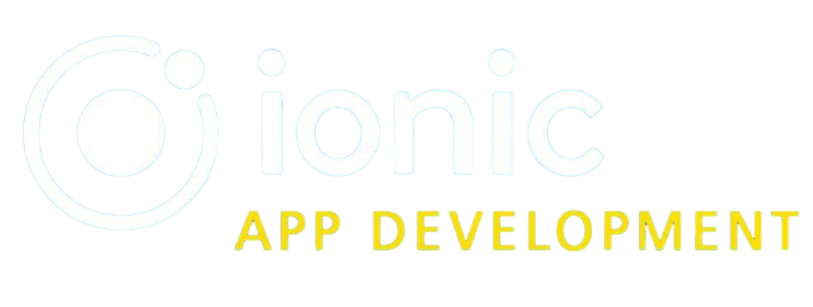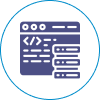1. What is Ionic Framework?
Using web technologies like HTML, CSS, and JavaScript, developers may create cross-platform mobile applications with the Ionic Framework, an open-source user interface toolkit. It enables developers to use a single codebase to create apps that function on iOS, Android, and the web.
2. Which programming languages are used in Ionic app development?
The main tools used in the development of Ionic apps are web technologies including HTML, CSS, and JavaScript. Additionally, to benefit from features like class-based object-oriented programming and static typing, developers can use TypeScript, a superset of JavaScript.
3. What platforms does Ionic support?
Ionic is compatible with a number of platforms, such as the web, iOS, and Android. Ionic is used by developers to create progressive web apps (PWAs), or programs that run in web browsers, as well as native apps for iOS and Android devices.
4. Does Ionic require knowledge of native app development?
No, familiarity with native app development languages like Swift or Java is not necessary to use Ionic. With Ionic's web-based approach, developers can create cross-platform apps without having to deal with the complexity of native development.
5. How does Ionic compare to other cross-platform frameworks like React Native and Flutter?
Flutter, React Native, and Ionic are a few well-liked options for developing cross-platform apps. Ionic provides web developers with a lower entry barrier because it is built on web technologies. While Flutter uses Dart to create experiences that feel native, React Native leverages JavaScript and React to develop native apps.
6. What are Ionic Native plugins?
A collection of community-maintained wrappers for Ionic apps that enable access to native device capabilities and APIs are known as Ionic Native plugins. The Ionic app and native device features like the camera, geolocation, and push notifications are connected by these plugins.
7. Can Ionic apps access device hardware features?
Yes, Ionic Native plugins allow Ionic apps to access hardware functions on the device. Developers can use these plugins to add features to their Ionic apps, such as GPS position tracking, camera access, accelerometer data, and more.
8. Is Ionic suitable for building complex or high-performance apps?
Even though Ionic can create sophisticated apps, developers should carefully consider optimization techniques and performance requirements for high-performance applications. When compared to native programs, performance can differ, particularly for tasks requiring a lot of graphics or CPU power.
9. How do I deploy Ionic apps to app stores?
App shops such as the Apple App Store and Google Play Store can host Ionic apps once platform-specific binaries have been created with the aid of programs like Xcode (for iOS) and Android Studio (for Android). Developers must abide by the submission policies and specifications of the relevant platform.
10. Where can I find resources for learning Ionic app development?
For learning how to create Ionic apps, developers have access to a multitude of tools, such as online courses, community forums, tutorials, and official documentation. The GitHub repository and the Ionic website are great places to start when looking for official documentation and community-contributed materials. In addition, there are a ton of Ionic app development classes and tutorials available on websites like YouTube, Coursera, and Udemy.
For companies looking for seamless user experiences and cross-platform interoperability, ionic app development is a potent answer. Our staff guarantees that your Ionic apps are both aesthetically pleasing and powerful in terms of functionality thanks to BM Coder's experience in PHP web development services. We provide customized solutions that improve your online presence and provide noticeable outcomes by utilizing the synergy between PHP and the Ionic framework. Put your trust in BM Coder to realize your vision with our unwavering dedication to Ionic app development expertise.






























